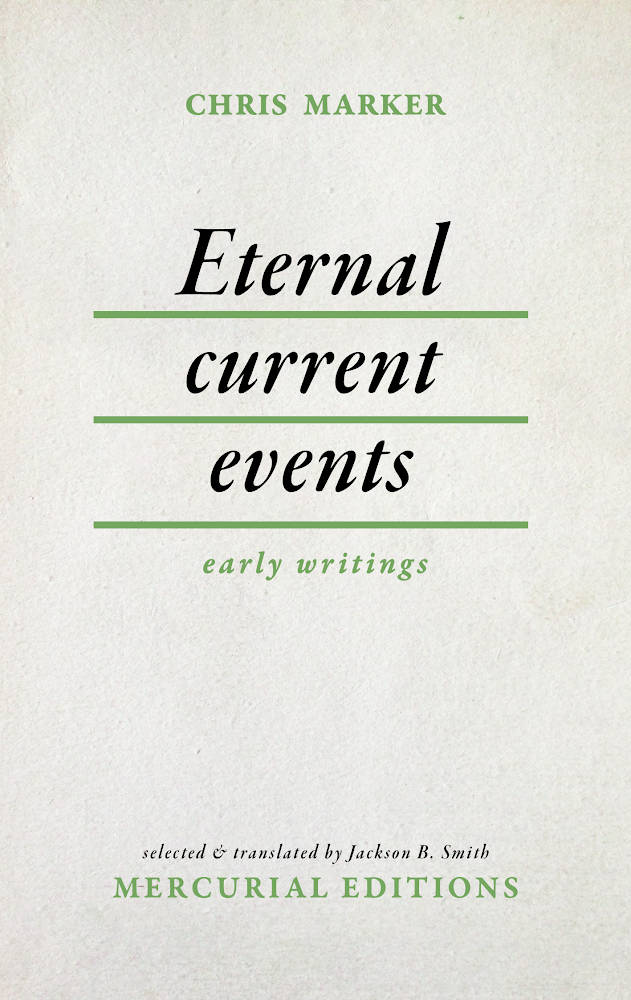this simulation sux is a collection of speculative essays and personal observations commissioned by global cultural institutions and local counterculture zines between February 2020 and April 2021.
"During the moment of pause brought on by the initial lockdown, we chose to write as a form of self care and mediated therapy; writing, for us, is a way to process, orient, and grasp for a moment of clarity in the ever changing media and cultural landscape. In this informational era, in which our attention is in very high demand, the amount of content we are expected to consume is endless. Beset with political unrest, economic uncertainty, and waning emotional bandwidth, we have become datapoints in the vast and saturated marketplace presented to us as “society.”
[...]
Flânerie, the French term describing the act of walking and observing, became a part of our daily ritual; we lapped the outer edges of the island of Manhattan and exploring various neighborhoods during the peak of the pandemic. The images presented on this book’s jacket were captured on these walks, documenting the absurdities of everyday life in this fraying simulation. Personal, anecdotal narratives of an imagined reality are represented through the images, which are placed alongside our speculative observations derived from historical data.
We hope that these writings can provide others with prose and information that can be applied like an antidotal balm to treat our communal ailment of future shock."
—Ting Ding 丁汀 & DeForrest Brown, Jr.








